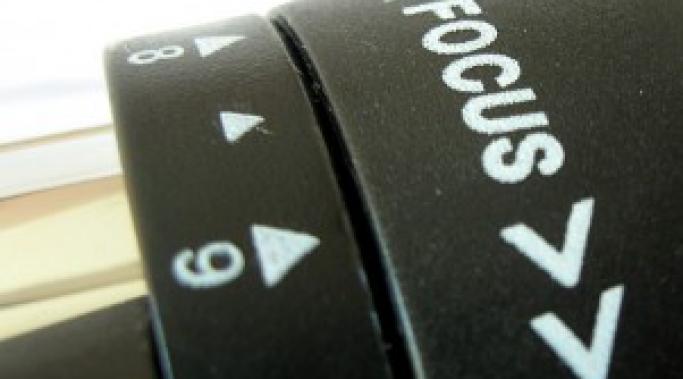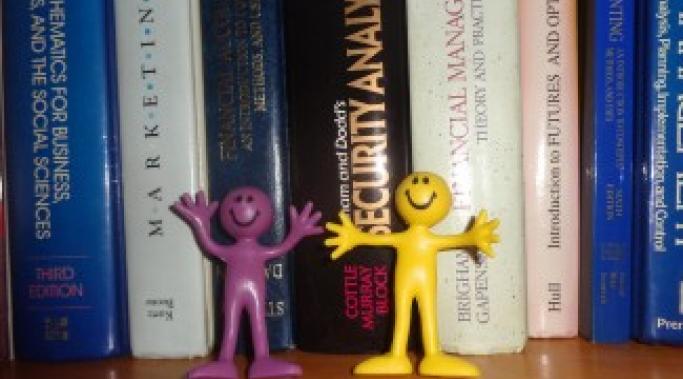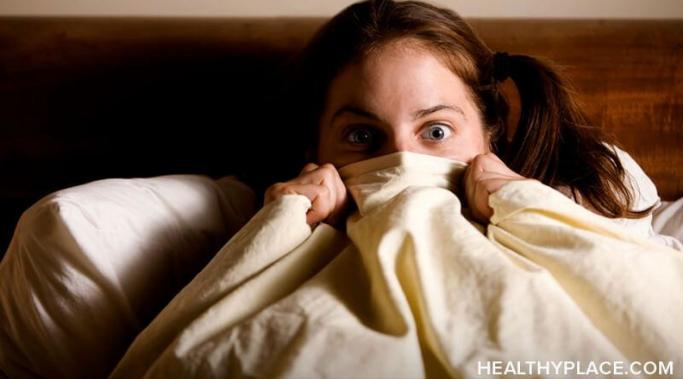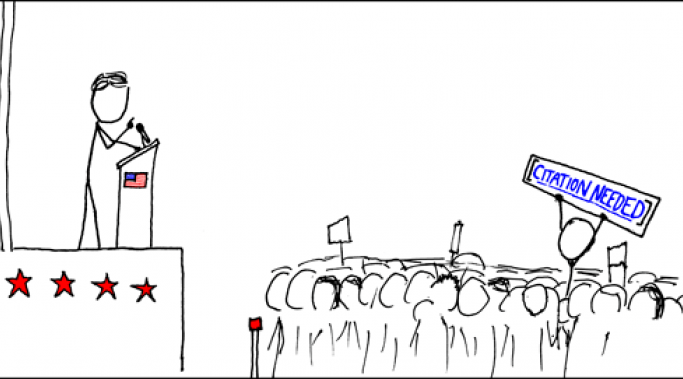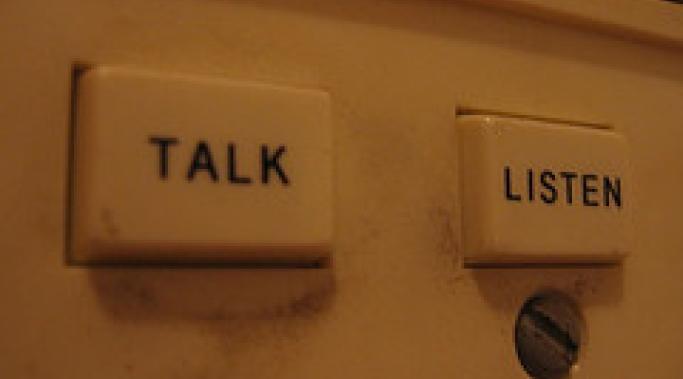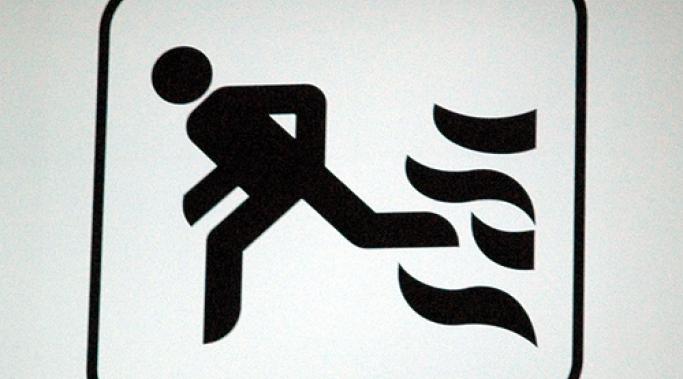We live in a performance-based society, as any adult can tell you. Our culture is actually much more interested in what someone can do rather than who they are. And yet, our social values of individualism, freedom, self-expression, and "believing in yourself" are among our most cherished ideals.
We encourage children to dream big about who they want to be when they grow up, telling them they can become anything they desire. So, naturally, they dream of being astronauts, pop stars, doctors, firefighters, and sports figures. Some kids want to skip the whole career thing and just be rich and famous.
Isn't it ironic that kids fantasize about growing up to have some of the most performance-based professions on earth?
Living with Anxiety
Does the term meditation make you instantly seize up? I do. I'm guessing I'm not alone on this one.
And yet meditation really can help ease the symptoms of anxiety and other various mental health issues, including the common one of struggling with focus. Hmm. What to do? How about making the act of meditating easier and shorter? Short is good.
I've been skeptical about helpful quotes and positive affirmations for a long time. To me, they smack of the denial present in some forms of positive thinking: keep up a cheerful facade, and everything will be fine.
I'm not down with this type of philosophy. Anxious people with low self-esteem also need the freedom to acknowledge their struggles in a safe environment, free from judgmental stigma and the oppression of relentless optimism. Sometimes, we need to talk about how not fine everything is.
However, some people swear by the power of positive affirmations. An enormous self-help movement, from Louise Hay to Tony Robbins, has been built on the premise that positive statements about ourselves not only make us feel better, they can heal our lives/minds/bodies/souls/children/parents/goldfish. Oh, and our dogs, too.
So, do positive affirmations really help repair our sense of self-worth? Well, it depends.
One of my therapists used to tell me, often, that life is about participation, a "contact sport," as she liked to put it. She said that people who know how to live skillfully had usually learned good social and emotional skills from their parents, including how to fit in and participate with other people.
My parents must have skipped that particular chapter in their copy of Parenting 101. Most of the constructive skills I've learned, I learned as an adult. The good news is, even anxious people can learn new ways of participating in the world. It only takes two things: the belief that things can change, and the willingness to practice.
Is your anxiety worse in the morning? Do you think, 'why can't I just get out bed'?
I'm rarely on speaking terms with breakfast. The thought of getting up, a whole new day, it can be paralyzing. I'm told it isn't this way for everyone. Nor does a cup of coffee fix it, would that it could. If you have an anxiety disorder, or experience panic, it's not uncommon to find mornings particularly tough.
Following on from last week's article on why to disclose an anxiety disorder, I thought I’d say a little about when to disclose an anxiety because it is, perhaps, as important as why. I’d been talking about the necessary value of revealing secrets in recovering from a mental health issue. In discussing that, Holly Gray, HealthyPlace’s recently-retired Dissociative Living blogger, mentioned that doing so doesn’t mean giving up one’s right to privacy.
This isn’t gossip, it’s your life.
Disclosing an anxiety disorder matters, because a lot of people feel they don’t. And you should tell the people that matter to you, the people that form the everyday backbone of your relationships, whether that's in the form of colleagues or more intimate members of family or friendship circles. Tell them because choosing not to takes something away from those relationships, because an anxiety disorder is a significant part of your life and some of the healing comes in accepting that.
Your body knows how anxious you are, it doesn't need you to think it, analyze or re-frame it. It knows in every cell. It knows secrets you've forgotten and it knows your future. What the body knows is how we move, sense and experience the world. Having an anxiety disorder means being disconnected from that sensate awareness.
The anxious and curious mind
What motivates anxiety? In a sense being human is experiencing discomfort, then doing something about it. Whether that's the fear of mice that means a better mousetrap or dissatisfaction with the world that raises great ambition.
Anxiety makes me question everything. It forces its way into my head, fills it with future discomfort so that I fear not only probablity, but possibility. Natural questions become difficult to bear and I'm walking on eggshells with the weight of 'why?', 'what if', 'does it have to be this way?',
How do I explain anxiety to my spouse, lover, friends?
I really don't think you can do it without first coming to grips with the idea that the people we love may never fully know, and probably won't "get it" the way we hope. But that doesn't mean they can't be valuable allies in managing anxiety issues.

